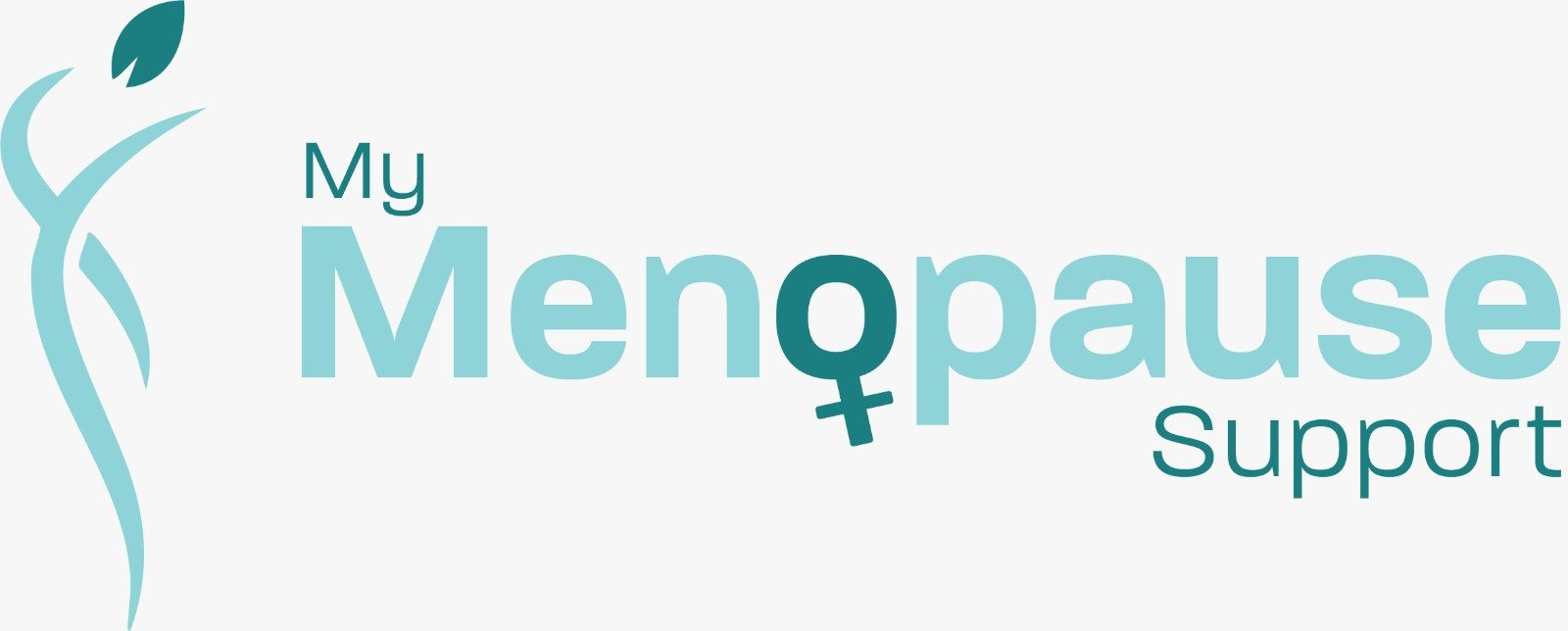Menopause Health & Wellness
Menopause Insomnia & Sleep Solutions with Dr. Sonia Dudeja
Reclaiming Your Rest: An Expert Guide to Menopause and Sleep
Does this sound familiar? You fall into bed exhausted, only to wake up a few hours later, drenched in sweat, with your heart racing and your mind wide awake. Or perhaps you lie awake for hours, unable to quiet the racing thoughts, watching the clock tick toward another tired day. Sleep disturbances and insomnia are incredibly common during perimenopause and menopause, yet they are among the most debilitating symptoms, affecting your energy, mood, cognitive function, and overall quality of life.
Many women are told this is just something they have to accept. At mymenopausesupport.org, Dr. Sonia Dudeja fundamentally disagrees. Restorative sleep is not a luxury; it is a biological necessity. We believe in taking a comprehensive, evidence-based approach to identify the root cause of your sleep problems and provide real, practical solutions to help you reach the deep, restful sleep you deserve.

The Science of Sleeplessness
Why Menopause Disrupts Your Rest
The sleep problems you’re experiencing are not “all in your head.” They are the result of significant physiological and hormonal changes happening within your body. Dr. Dudeja helps patients understand the key drivers of menopause-related insomnia:
Hormonal Fluctuations
The primary culprits are estrogen and progesterone. Estrogen helps regulate body temperature and supports deep sleep cycles. Progesterone has a natural calming, sleep-promoting effect. As levels of both hormones decline and fluctuate, your ability to fall and stay sleeping can be severely compromised.
Night Sweats
These are hot flushes that occur at night and are a significant cause of sleep disruption. Even if a night sweat doesn't fully wake you, the surge of adrenaline and the change in body temperature can pull you out of deep, beneficial sleep, leaving you feeling exhausted the next day.
Increased Anxiety
The hormonal shifts of menopause can directly impact your nervous system, leading to heightened feelings of anxiety or a racing mind, especially at night. This can make it incredibly difficult to relax and fall asleep.
Other Physical Symptoms
Issues like joint pain, heart palpitations, or an increased need to urinate during the night can also contribute to fragmented, poor-quality sleep.
Your Path Forward
A Holistic and Medical Approach to Better Sleep
Dr. Sonia Dudeja’s approach goes far beyond recommending basic “sleep hygiene.” While a cool, dark room and a consistent bedtime are helpful, they often aren’t enough to combat the powerful hormonal drivers of menopause insomnia. We take a 360-degree view to restore your rest.
Comprehensive Medical Consultation
- Your journey begins with a detailed discussion with Dr. Dudeja to pinpoint the specific causes of your sleep issues. Are they primarily driven by night sweats? Anxiety? A combination of factors? Understanding the “why” is critical to finding the right solution.
Evidence-Based Medical Treatments
- Hormone Replacement Therapy (HRT): For many women, HRT is the most effective way to improve sleep because it directly addresses the root cause. By stabilizing estrogen levels, it can dramatically reduce or eliminate night sweats, leading to deeper, uninterrupted sleep.
- Non-Hormonal Prescription Medications: If HRT is not an option for you, other effective treatments are available. For example, the medication gabapentin can help reduce hot flashes and is often taken at bedtime as it can also aid with sleep. Certain antidepressants can also be effective for both hot flashes and sleep restriction.
Integrated Wellness & Lifestyle Support
- Stress Management & Mindfulness: We provide you with powerful, evidence-based techniques to calm your nervous system. Practices like deep breathing, meditation, and guided body scans can help quiet a racing mind and prepare your body for sleep.
- Therapeutic Yoga: Specific restorative yoga poses and gentle stretches are designed to release physical tension and calm the mind. A regular practice has been shown to enhance overall sleep quality and reduce the time it takes to fall asleep.
- Personalized Nutrition: What you eat and drink can significantly impact your sleep. Dr. Dudeja provides guidance on limiting sleep disruptors like caffeine and alcohol, and incorporating foods that support relaxation and better sleep.


Frequently Asked Questions
It was very comfortable talking to Dr Dudeja about the symptoms I have been experiencing. She made me feel at ease so I could explain everything in detail.
I was made to feel at ease and comfy very quickly which helped me relax and explain my struggles and symptoms .

